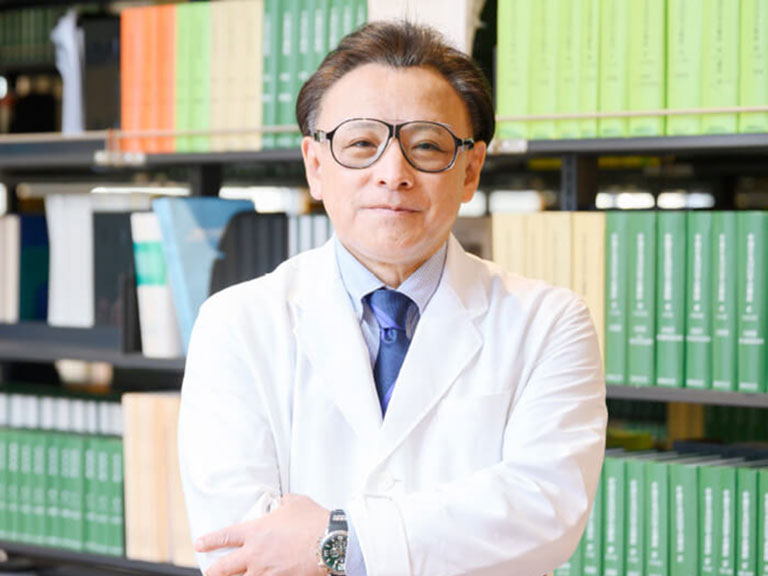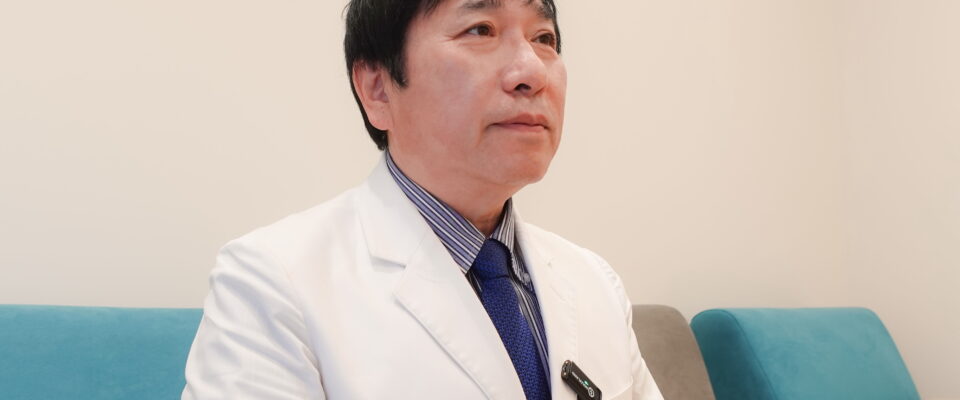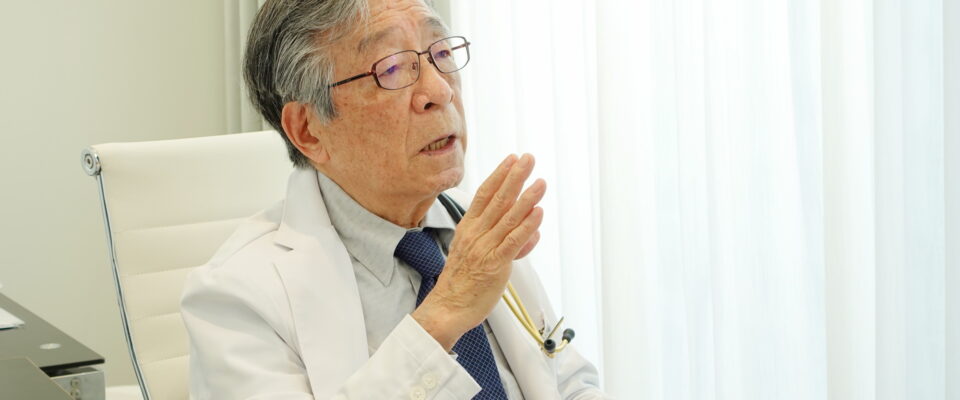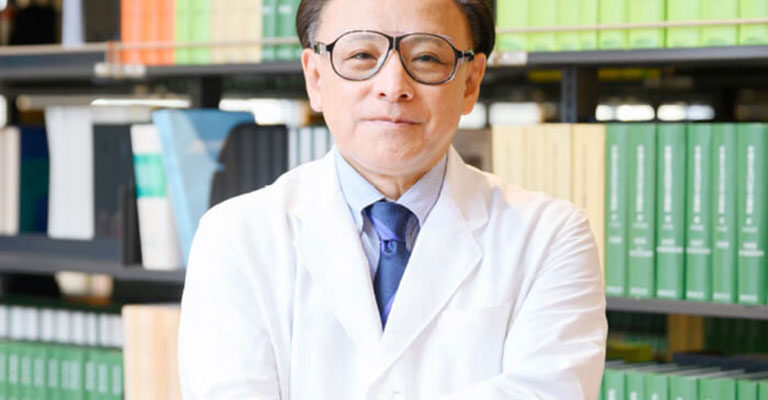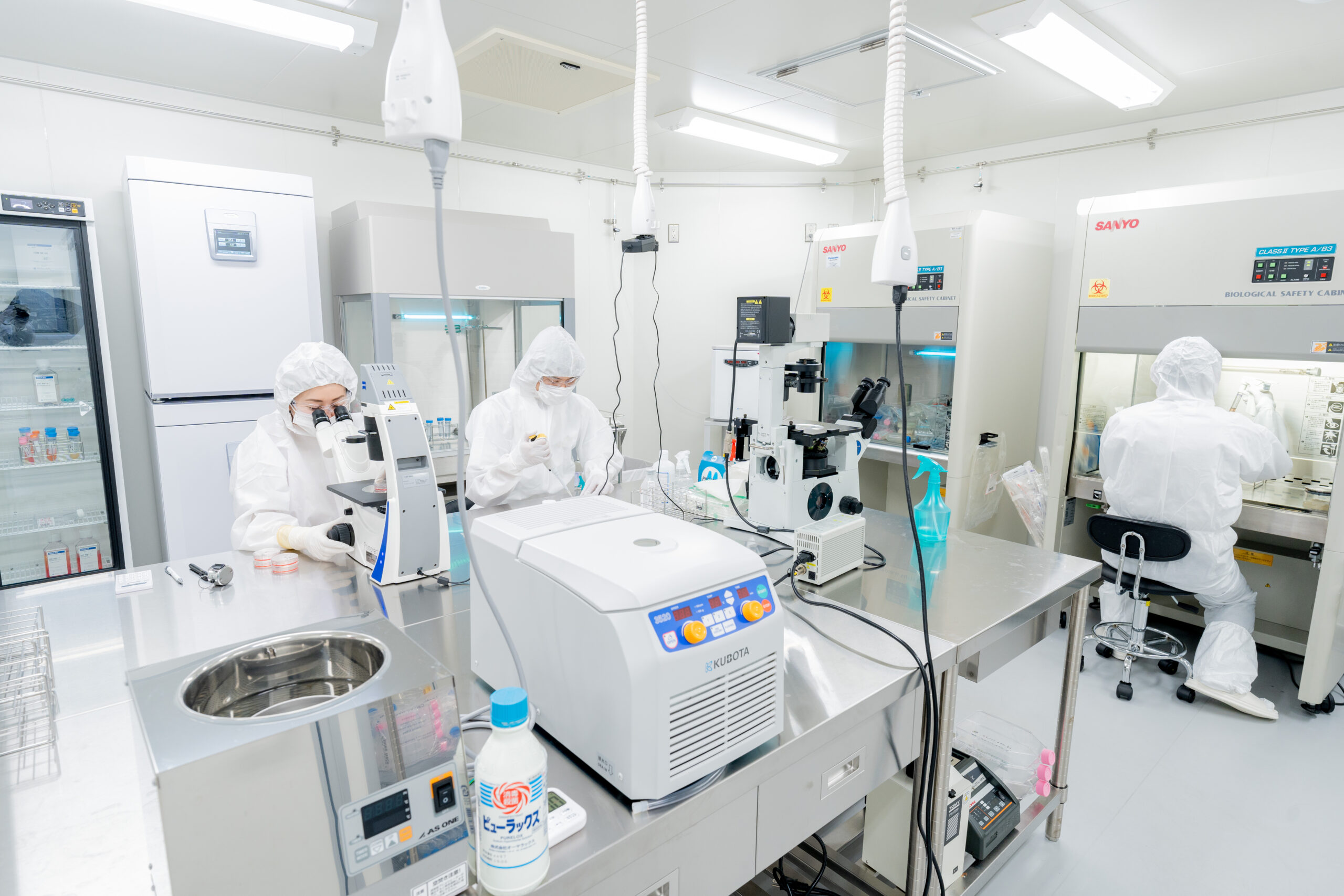Modern medicine is evolving daily, with significant advancements particularly in the fields of genomic medicine and regenerative medicine. At the forefront of these medical innovations is Professor Emeritus Yoshitaka Fukuzawa of Aichi Medical University. As a specialist in gastroenterology and hepatobiliary-pancreatic medicine, as well as a researcher in genomic medicine, Professor Fukuzawa has been actively engaged in these fields. In this article, we discuss his experiences, his vision for the future of medicine, and his dedication to patient care.

Yoshitaka Fukuzawa
Professor Emeritus and former Director of the Department of Preventive and Integrative Medicine at Aichi Medical University Hospital, with concurrent responsibilities in the Department of Hepatobiliary-Pancreatic Medicine. He also serves as a trustee of Aichi Medical University and chairman of the alumni association. Dr. Fukuzawa is an MD, FACP, and a visiting professor at the University of Munich (LMU) Medical School. He is the president of the Clinical Genomic Medicine Society and the Japanese Society of Preventive Clinical Medicine, among other roles. His extensive contributions span clinical practice, research, and education, and he has supervised numerous health promotion projects. Notably, he has been selected six times for The Best Doctors in Japan (Teladoc. HEALTH, as of June 2024). He also serves as the chief academic advisor for CLINIC 9ru and THE PREVENTION CLINIC (VIP Health Screening Center).
For details on clinical, research, educational achievements, and awards, please refer to Yoshitaka Fukuzawa’s ResearchMap: https://researchmap.jp/read0174798/
Why Choose Gastroenterology?
Q1. What motivated you to specialize in gastroenterology?
I was drawn to gastroenterology because of its deep connection to overall bodily health. The digestive system is not only responsible for nutrient absorption but also plays a crucial role in the immune system, hormone secretion, and even psychological health. The ability to directly impact a patient’s well-being and quality of life through treatment was highly meaningful to me. Gastroenterology allows me to be involved from diagnosis to treatment, which aligns perfectly with my vision as a physician. Additionally, the field covers a wide range of diseases, requiring extensive knowledge and technical skills to provide the best possible care for patients.

Why Specialize in Hepatobiliary-Pancreatic Medicine and Genomic Medicine?
Q2. What led you to specialize in hepatobiliary-pancreatic medicine and genomic medicine?
I chose to focus on these fields because of their growing importance in modern medicine. Liver and pancreatic diseases are particularly challenging to detect early, yet early intervention significantly improves patient outcomes. With advancements in genomic medicine, disease prevention and personalized treatments are becoming a reality. I firmly believe that genetic factors and molecular biology approaches will revolutionize disease prediction and treatment, and I wanted to be at the forefront of this transformation.
Unforgettable Cases and the Mission of a Physician
Q3. Can you share a particularly memorable case?
One unforgettable case involved a young patient with liver cancer. The diagnosis came late, making surgery difficult. However, through a team effort, we explored the best possible treatment options and utilized the latest molecular-targeted drugs. The patient eventually recovered and now leads a healthy life. When they expressed their gratitude, saying, “Thanks to you, my life has changed,” I felt a profound sense of fulfillment. This experience reaffirmed that a physician’s role extends beyond treating diseases—it’s about giving patients hope and supporting them in their journey.

Balancing Research and Clinical Practice
Q4. What challenges and insights have you gained from balancing research and clinical practice?
Balancing research and clinical work is both time-consuming and mentally demanding. Managing patients’ lives while conducting research is a significant responsibility. However, I have always believed that research ultimately benefits patients. Additionally, real-world clinical challenges inspire research, and research findings can improve clinical practice. This balance has broadened my perspective as a physician and strengthened my ability to offer the best options to my patients.

Message from Professor Yoshitaka Fukuzawa
These answers are intended not only to share the latest advancements in cancer treatment and the importance of medical checkups but also to convey a message of hope and encouragement to both patients and healthcare professionals. As medical progress expands treatment options, I am dedicated to making a meaningful contribution to society and healthcare with sincerity and perseverance.
Finally, a motto from one of my mentors: “Daily diligence, a thousand days of practice, victory in an instant!” With this mindset, I will continue striving forward. I sincerely appreciate your continued support and cooperation.
Conclusion
Professor Fukuzawa’s extensive experience and expertise serve as invaluable guidance for the future of gastroenterology and genomic medicine. We look forward to his continued contributions to advancing medical technology and patient care.


